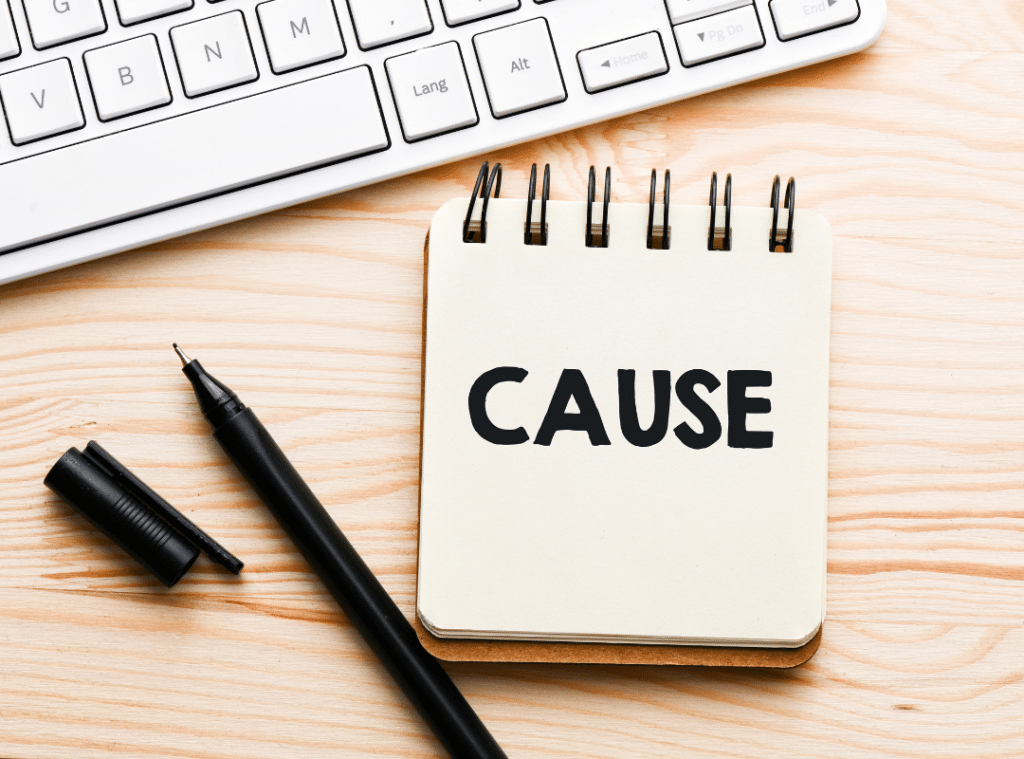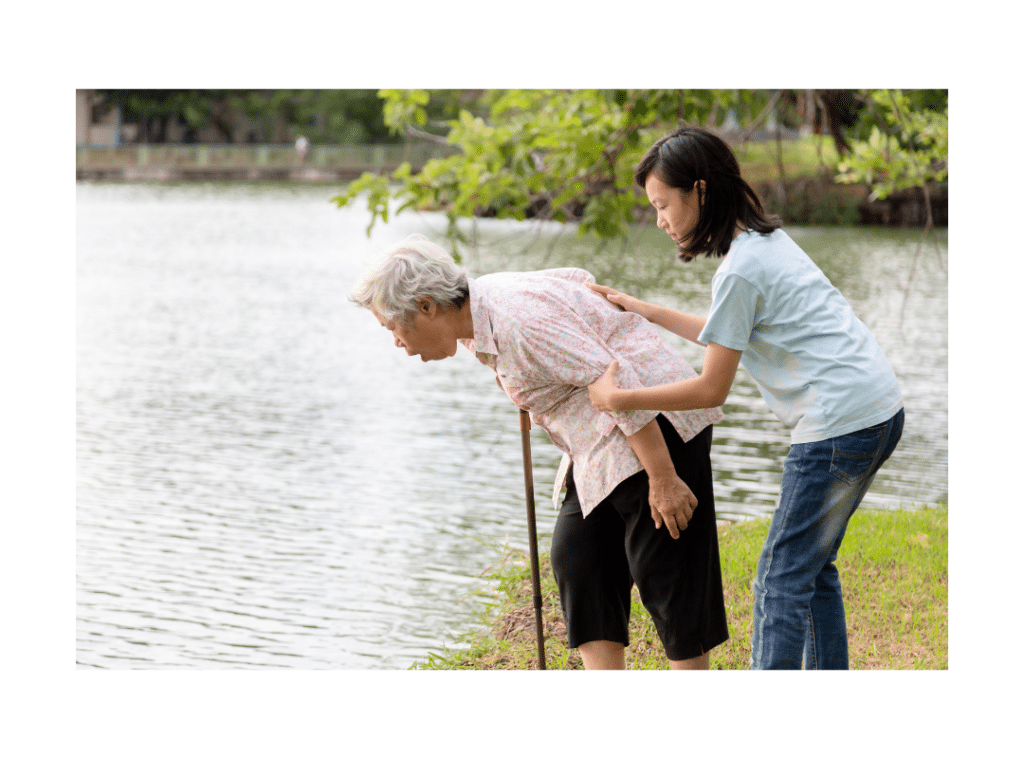Vomiting in Elderly People: Causes, Concerns, and Care Tips
When it comes to elderly individuals experiencing vomiting episodes, understanding the underlying causes and potential complications is vital. From gastrointestinal issues to medication side effects, the reasons behind their vomiting can be multifaceted and require careful attention. However, addressing these concerns goes beyond just identifying the triggers; it involves implementing effective care strategies to guarantee their well-being. By exploring the nuances of managing vomiting in the elderly, you’ll uncover valuable insights that can greatly impact their quality of life and health outcomes at Westmont of Santa Barbara.

Common Causes of Vomiting in the Elderly
When it comes to understanding the common causes of vomiting in elderly individuals, one must take into account a range of factors that may be contributing to this issue. Medical conditions and medication side effects are often key contributors to vomiting in seniors. Certain medical conditions such as gastrointestinal infections, food poisoning, gastritis, or even more serious issues like ulcers or tumors can lead to episodes of vomiting in the elderly. Additionally, medications commonly prescribed to seniors for various health conditions can have side effects that include nausea and vomiting. It’s essential to monitor the medications your elderly loved one is taking and consult with their healthcare provider if you suspect any adverse reactions. Understanding the possible medical conditions and medication side effects that can trigger vomiting in seniors can help in providing proper care and management for this common issue. Implementing resident empowerment strategies in senior living communities has been shown to enhance overall well-being and satisfaction among residents.
Concerns Related to Vomiting in Seniors
As we explore concerns related to vomiting in seniors, it’s important to recognize the potential impact this symptom can have on their overall well-being. Seniors are more susceptible to dehydration due to vomiting, as their bodies may struggle to retain fluids, increasing the risk of pneumonia.
Importance of Hydration in Elderly Vomiting
Proper hydration plays an essential role in managing vomiting episodes in elderly individuals. When seniors experience vomiting, they’re at risk of losing essential fluids and electrolytes, which are critical for maintaining their overall health. Encouraging adequate fluid intake is key to preventing dehydration and maintaining electrolyte balance. Additionally, offering electrolyte-rich beverages like sports drinks can help replenish potassium and sodium lost during vomiting episodes.

Medication Management for Vomiting Seniors
Managing medication for seniors experiencing vomiting is an essential aspect of their care. When dealing with vomiting seniors, it’s pivotal to be mindful of potential medication side effects and interactions that may exacerbate their condition. Here are some vital tips for medication management in seniors with vomiting:
- Monitor Side Effects: Keep a close eye on any new or worsening side effects that the medications may be causing. Some drugs can trigger nausea or vomiting as a side effect, making it crucial to consult with a healthcare provider if these symptoms arise.
- Check for Interactions: Seniors often take multiple medications, which can lead to harmful interactions. Be vigilant in ensuring that the medications being taken don’t interact negatively with each other, potentially causing gastrointestinal issues like vomiting.
- Consult Healthcare Providers: Always consult healthcare providers before making any changes to the medication regimen. They can provide guidance on adjusting dosages, switching medications, or exploring alternative options to manage vomiting effectively.
- Consider the patient’s medical history and lifestyle factors: Tailoring medication management to individual circumstances is crucial for effective care and treatment.

Dietary Considerations for Elderly Vomiting
When dealing with vomiting in the elderly, it’s vital to focus on hydration to prevent dehydration. Opting for nutrient-rich foods can help provide essential vitamins and minerals to support overall health. Adjusting meal frequency and portion sizes can also aid in managing vomiting episodes in seniors. Additionally, incorporating fiber-rich foods into their diet can help regulate bowel movements and prevent chronic diseases.
Hydration Importance for the Elderly
Ensuring sufficient hydration is essential for elderly individuals experiencing vomiting. When vomiting occurs, the body loses fluids rapidly, leading to dehydration and an imbalance in electrolytes. Music therapy at Westmont of Pinole not only enhances social connections but also nurtures individual connections through music, offering a holistic approach to care.
Here are three vital tips to help maintain hydration in elderly individuals:
- Frequent Sips: Encourage the elderly person to take small, frequent sips of clear fluids like water, herbal teas, or electrolyte-rich drinks to prevent dehydration. These small sips are easier to keep down compared to large amounts of fluid at once.
- Monitor Urine Color: Keep an eye on the color of their urine. Dark yellow urine may indicate dehydration, while light-colored urine suggests good hydration levels. If the urine is dark, encourage them to drink more fluids.
- Use Rehydration Solutions: In cases of severe vomiting, consider using oral rehydration solutions that contain a proper balance of electrolytes to replenish what’s been lost. These solutions help restore electrolyte balance and hydration levels efficiently.
Nutrient-Rich Food Choices
For elderly individuals experiencing vomiting, selecting nutrient-rich food choices is essential to support their nutritional needs and aid in recovery. When dealing with vomiting, it’s important to focus on easily digestible foods that provide essential nutrients.
Consider incorporating dietary supplements like vitamin B12 or calcium to make up for any deficiencies caused by vomiting. These supplements can help guarantee that your body is getting the necessary nutrients despite potential food avoidance.
Additionally, digestive enzymes can be beneficial for elderly individuals experiencing vomiting. These enzymes can assist in the breakdown and absorption of nutrients from the foods you consume, aiding in digestion and reducing the likelihood of gastrointestinal discomfort.
Remember to opt for nutrient-dense options such as lean proteins, whole grains, fruits, and vegetables. These foods can provide essential vitamins and minerals to support your overall health and well-being during recovery.
Discover the level of care you or your family member requires. What Level of Care Do You Need?
Meal Frequency Adjustments
Adjusting meal frequency is an essential aspect to take into account when addressing dietary needs for elderly individuals experiencing vomiting. When dealing with digestive issues in the elderly, it becomes pivotal to make adjustments to meal frequency to alleviate discomfort and promote better digestion. Here are some practical tips for meal frequency adjustments:
- Smaller, Frequent Meals: Encourage consuming smaller meals throughout the day rather than three large meals. This can help in easing the digestive process and reduce the chances of vomiting episodes.
- Avoiding Heavy Meals: Suggest opting for lighter, easily digestible foods to prevent overwhelming the digestive system. Heavy, greasy, or spicy foods can trigger vomiting in some cases.
- Hydration Between Meals: Emphasize the importance of staying hydrated by drinking water between meals. Dehydration can exacerbate digestive issues, so maintaining adequate fluid intake is essential for overall digestive health.

Tips for Caregivers When Elderly Vomit
When an elderly individual vomits, it can be a distressing experience for both the person experiencing it and the caregiver assisting. As a caregiver, it’s vital to remain calm and provide support during this challenging time. To start with, concentrate on clean-up strategies to guarantee the comfort and hygiene of the elderly person. Have supplies like disposable gloves, paper towels, and a plastic bag ready to efficiently clean the area. Remember to clean gently to avoid causing any additional uneasiness.
Furthermore, emotional support is pivotal during these moments. Reassure the elderly person that it’s okay and that you’re there to help. Offer words of solace and stay by their side to provide a sense of security. It’s crucial to be patient and understanding while dealing with vomiting episodes.
As you navigate the challenges of caring for an elderly loved one experiencing vomiting, remember that you are not alone. By staying informed about the causes and concerns, ensuring proper hydration and medication management, and making dietary adjustments, you can provide the support they need. Trust your instincts and seek guidance from healthcare professionals when needed. Together, with the support of Westmont of Santa Barbara at 805-845-4921, we can work towards improving their well-being and quality of life.








